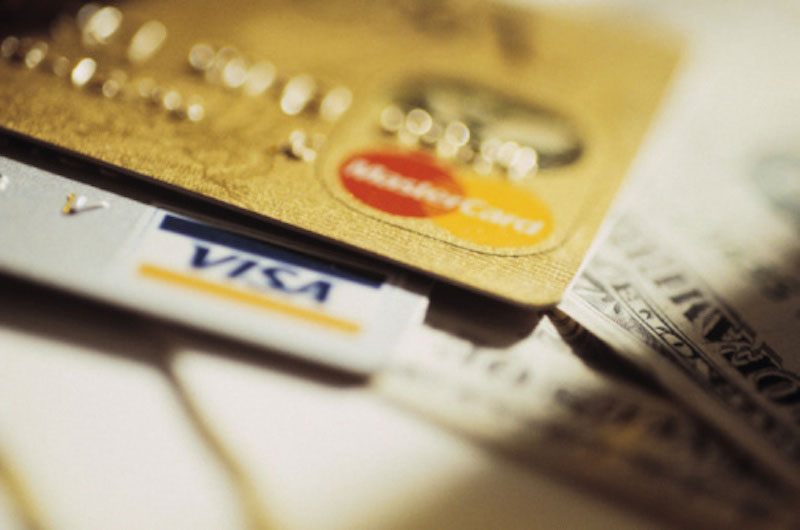1. Accounting: An entry on the right-hand side of an account record in double entry bookkeeping. It has the effect of decreasing an asset or expense account, or of increasing a capital, liability, or revenue account. See also debit.
2. Banking: Purchasing power created by banks through lending based on fractional reserve system.
3. Commerce: An agreement based largely on trust under which goods, services, or money is exchanged against a promise to pay later. Also called commercial credit.
Use 'credit' in a Sentence
I was able to credit my buyer with more money because he decided to buy a larger quantity of my product.
His credit amount on his credit card had been increased by his bank and thats why he was going to the electronics store and buying that computer he had been looking at the week before.
She didn't have enough money to pay cash for the car of her dreams, so she decided to take out a loan and buy it on credit.
Notable Quotable
Repairing Credit by Paying More Than the Minimum Amount Due
"Pay more than the minimum. If possible, always make payments over and above the minimum interest payment that is due. Credit bureaus not only look at the amount of debt an individual has outstanding, but also the length of time it takes to pay off the debt. Unfortunately, there's no calculation that can be used to measure exactly how much this will boost your score. There are a myriad of factors that go into computing a credit score, but accelerating payments and satisfying debts on a timely basis is recommended as a means of repairing credit by lending institutions and well-known credit counseling agencies such Credit Guard of America."
One Sure Way to Establish Credit
"The surest way to establish your credit is to work yourself into the position of not needing any."
A Commonality with Purchasing on Credit
"Some people spend more money, either by purchasing more items or by purchasing more expensive items, when paying on credit than they would with cash. Purchasing a $1,000 laptop might be easy to accept if you just sign a piece of paper. On the other hand, if you pay with cash, you can physically feel the $100 bills leaving your hand. This will give you a better sense of not only how much that laptop truly costs, but also how much money you have left in your now-lighter wallet."


